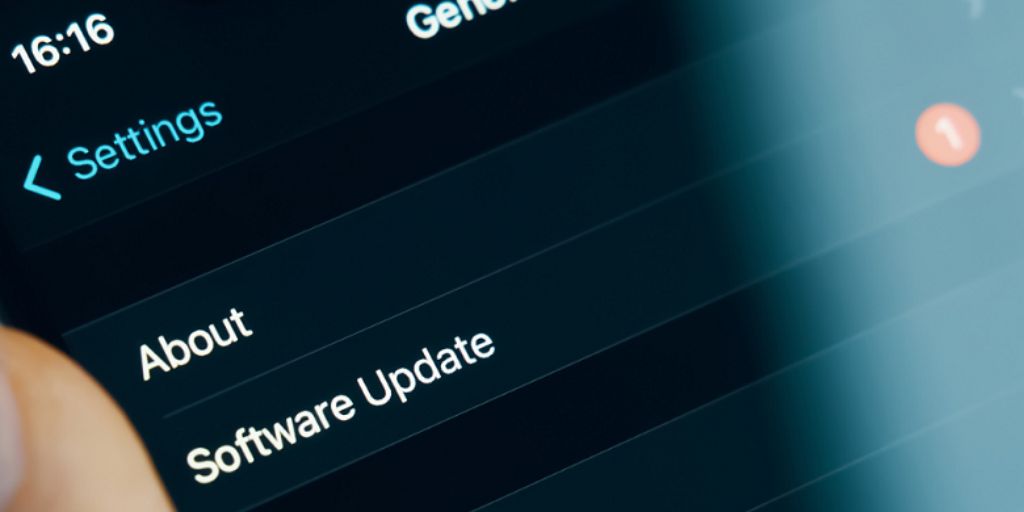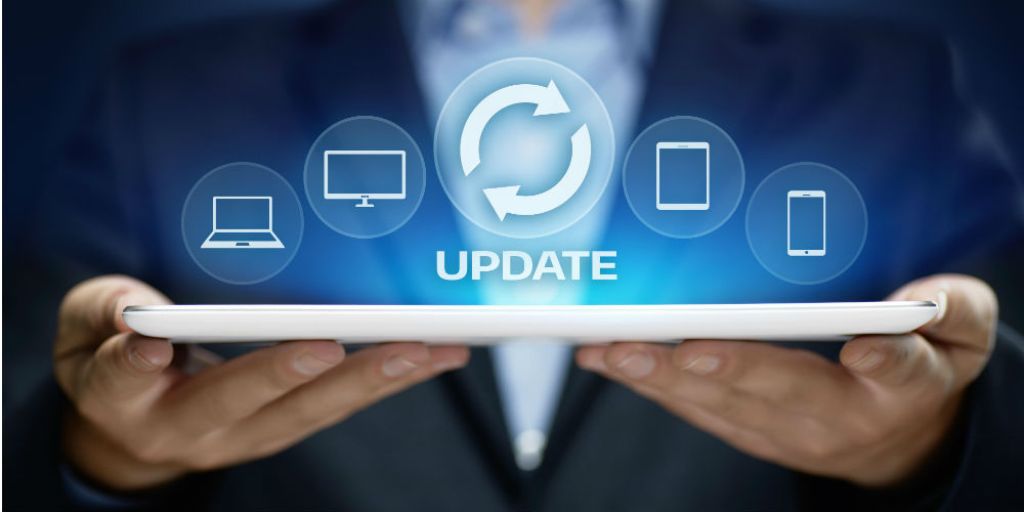We’ve all been there: your phone or computer suddenly flashes a notification saying a software update is available. Maybe you’re in the middle of something important, or maybe you’re just not in the mood to restart your device. So, you click “Remind me later”—and then ignore the reminder indefinitely.
But skipping software updates can be more harmful than you think. Those seemingly minor alerts actually play a critical role in your device’s security, performance, and compatibility. Ignoring them could leave your personal information vulnerable, your apps glitchy, and your system outdated.
In this article, we’ll break down the real reasons why you should never skip software updates—and why taking a few minutes to click “Update Now” is one of the smartest digital habits you can form.
1. Security Fixes: Your First Line of Defense
Perhaps the most critical reason to update software regularly is to patch security vulnerabilities. Cybercriminals are constantly looking for holes in operating systems, browsers, and apps that they can exploit to steal data, inject malware, or gain remote access to your devices.
Why it matters:
-
Hackers frequently target known software flaws. Once a vulnerability is made public, it’s only a matter of time before bad actors begin exploiting it.
-
Developers release security patches through updates to fix these vulnerabilities.
-
Delaying updates means leaving the door wide open for attack.
Example: In 2021, the Pegasus spyware exploited vulnerabilities in iPhones. Apple released an emergency update to close the gap. Users who failed to update were at risk of being spied on through no fault of their own.
2. Bug Fixes and Stability Improvements
Software is rarely perfect when it’s released. Even after rigorous testing, users may experience bugs—whether it’s crashing apps, disappearing files, or laggy performance. Developers use your feedback to identify these issues and release fixes in subsequent updates.
Benefits of these updates:
-
Improved stability and fewer crashes
-
Better battery performance and memory usage
-
Resolved compatibility issues with other apps or hardware
Skipping updates means tolerating avoidable problems that have likely already been addressed.
3. New Features and Enhanced Functionality
Software updates often include new tools, improved design elements, or added functionality that can improve your user experience. Whether it’s a new camera feature, voice assistant upgrade, or multitasking capability, updates help your devices stay modern and capable.
Examples:
-
iOS and Android updates routinely introduce photo editing tools, privacy dashboards, and new widgets.
-
Windows updates often include system-wide search improvements and redesigned menus.
-
Creative and productivity apps (like Adobe or Microsoft Office) push updates with new features for content creation, file sharing, and collaboration.
If you skip updates, you’re not only missing out—you’re falling behind.
4. Compatibility with New Apps and Services
As apps evolve, they’re often optimized to run on the latest software versions. This means that over time, older systems become incompatible with newer apps, plugins, and accessories.
What this leads to:
-
Apps not launching or functioning properly
-
Websites not displaying correctly
-
New accessories (like earbuds or smart home devices) not pairing with your phone or computer
Staying updated ensures that your software can keep up with the broader tech ecosystem.
5. Better Privacy Controls
Privacy has become a major focus in the tech industry, and operating system updates increasingly include tools that give users more control over their data.
For example:
-
iOS updates introduced app tracking transparency, letting users choose whether apps can follow them across the web.
-
Android updates now provide detailed breakdowns of microphone and camera access by each app.
-
Browser updates often strengthen protections against tracking cookies and malicious websites.
Skipping updates means sticking with older, weaker privacy safeguards.
6. Improved Speed and Efficiency
Over time, developers refine their code to run more efficiently, which can result in faster app loading, reduced power consumption, and better responsiveness. These changes are typically rolled out as part of regular updates.
Tangible benefits:
-
Less freezing and lagging
-
Faster app switching and smoother animations
-
Longer battery life on mobile devices
A quick update can often breathe new life into an aging device.
7. Support for New Hardware
If you’ve recently upgraded your hardware—like installing a new graphics card, adding RAM, or buying a new printer—you may need a software update to ensure full compatibility.
Manufacturers often coordinate with OS developers to release drivers and firmware updates to support these hardware upgrades.

Without the right update:
-
Your new hardware may underperform or not work at all
-
You might miss out on enhanced capabilities, like improved graphics rendering or faster processing speeds
8. Legal and Regulatory Compliance
This one’s especially important for businesses, but even individuals can benefit from updates that ensure compliance with current data protection laws and standards.
For instance:
-
Updates might align software with GDPR or CCPA requirements
-
They can implement encryption standards or security certifications required by your workplace or school
Failing to update could result in non-compliance and data breaches with legal consequences.
9. Avoiding Forced Updates Later
The longer you put off an update, the more likely it is that you’ll be forced to install a much larger, more time-consuming update later. In some cases, software may stop working until it’s updated, especially with antivirus or banking apps.
Worse, the update backlog can pile up, increasing the risk of system conflicts or failed installations.
10. Peace of Mind
Keeping your system up to date offers a psychological benefit as well: peace of mind. You can rest assured that:
-
You have the latest protections against cyber threats
-
Your apps and system are working as intended
-
You’re getting the best possible experience from your technology
For something that usually takes just a few minutes, the payoff is well worth it.
Tips to Make Software Updates Less Annoying
If you find software updates intrusive or time-consuming, here are a few tips:
-
Schedule updates for off-hours (most systems allow this)
-
Turn on automatic updates for apps and operating systems
-
Back up your data regularly in case anything goes wrong
-
Update multiple devices at once to save time and effort
A little planning goes a long way.
Conclusion
While software update notifications can seem like a nuisance, they are essential to your digital safety, productivity, and overall user experience. Ignoring them increases your risk of malware, performance issues, and missed features.
Think of updates not as interruptions, but as maintenance for your digital life—just like brushing your teeth or getting your car serviced. Skipping them may save time now, but it could cost you much more later in security breaches, lost data, or avoidable frustrations.
So next time that little update bubble appears, don’t ignore it—embrace it. Your future self will thank you.




